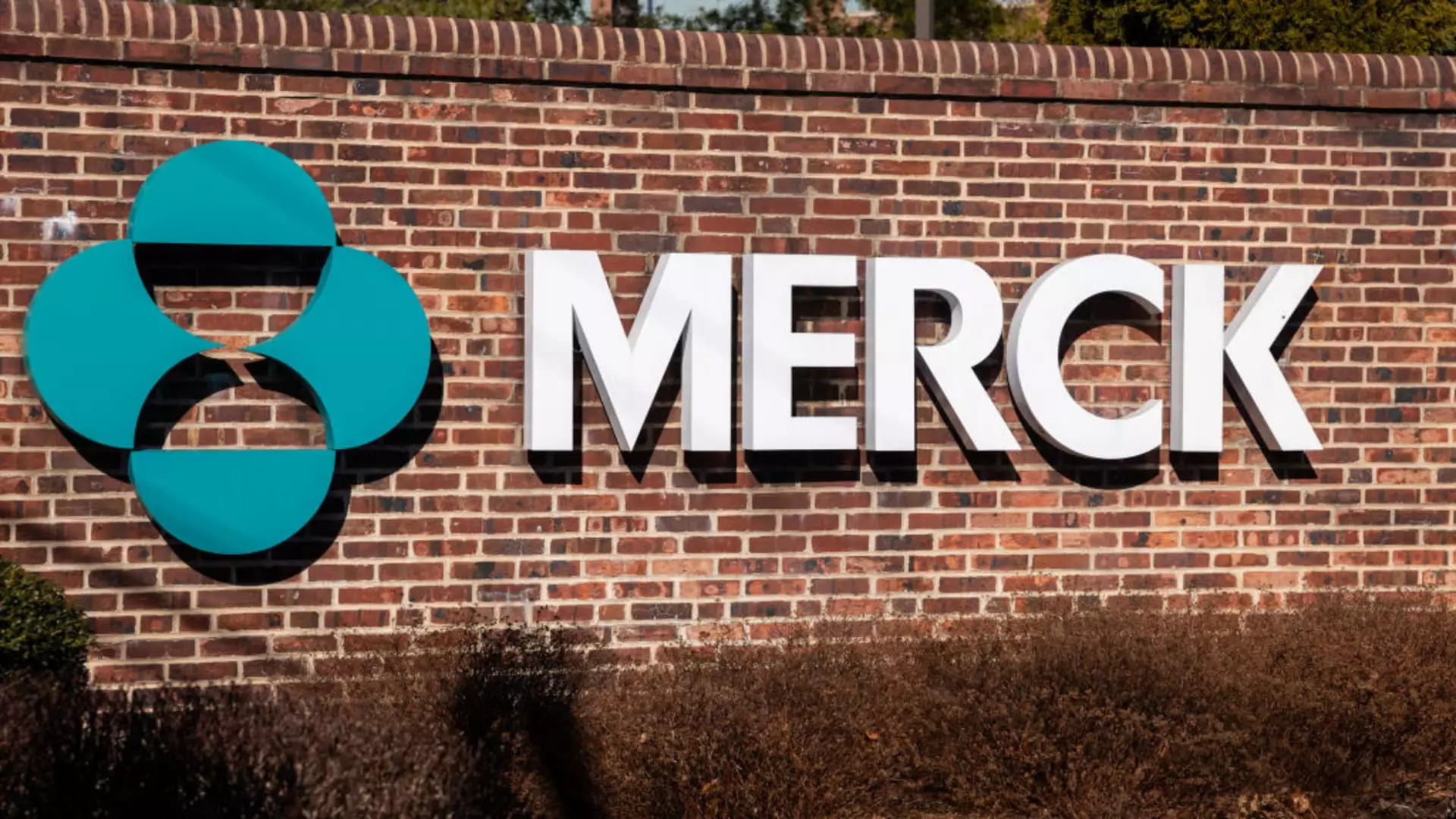In a stunning shift of authority, Robert F. Kennedy Jr. has reconstituted the Advisory Committee on Immunization Practices (ACIP), whose recent endorsement of Merck’s Enflonsia to combat respiratory syncytial virus (RSV) reveals a tumultuous tug-of-war between public health imperatives and individual skepticism. This realignment in advisory roles carries implications far beyond the realm of pediatric medicine; it raises questions about transparency in drug approval processes and the validity of dissenting opinions regarding vaccine safety. The unanimous recommendation to include Enflonsia among federally backed childhood vaccinations may appear as a victory for the medical establishment, but it warrants a critical examination of the folks now at the table.
Too Many Cooks in the Kitchen
Kennedy’s overhaul of the advisory panel, which now includes some notable vaccine skeptics, casts a shadow on the credibility of the committee. Whether it is a strategic move or a well-intentioned effort to diversify opinions, the mishmash of perspectives may cloud the rigorous scientific basis that ought to underpin such decisions. Recall that during a heated debate, two prominent members openly questioned the shot’s safety. While dissent is essential in any democratic process, the inclusion of critiques from those typically opposed to vaccinations in a committee tasked with safeguarding public health raises eyebrows. Does the newfound diversity enrich the conversation, or does it lend itself to a muddled decision-making process?
The Stakes of Safety
The safety and efficacy claims tethered to Enflonsia cannot be viewed in isolation. With RSV being a leading cause of hospitalization and death among infants, families understandably demand transparency and assurance. Merck’s product reportedly reduced RSV-related hospitalizations by over 84%, marking a significant stride in combating this pervasive threat. However, it’s essential to dissect the validity of these figures and whether they are representative of a larger cohort than just the clinical trial participants. Shouldn’t we expect further rigorous assessments before vaccinations penetrate the market, particularly given that two members of the committee expressed reservations about its readiness? Are we inadvertently placing profits over prudent caution?
The Market Dynamics of Vaccine Development
The implications of this decision extend into market dynamics, involving interests that range from public health to corporate gain. Merck’s approval, which now allows for widespread insurance coverage, positions itself within a competitive landscape alongside a product from Sanofi and AstraZeneca. As the medical community breathes a collective sigh of relief, the reality is that such endorsements could potentially foster complacency among manufacturers. This triumvirate of pharmaceutical giants now holds the keys to a market laden with enormous stakes regarding public trust. Can we indeed trust a system that intertwines safety with profit?
A Society Navigating the Fog of Misinformation
The lingering shadow of vaccine skepticism in the U.S. landscape necessitates an evolving public dialogue about health policy. Polls show a growing number of individuals harboring doubts about vaccine safety, which, compounded by high-profile panel controversies, can only serve to amplify confusion and fear. The risk of misinformation spreading like wildfire remains high, leading to unnecessarily strained public health measures. Do the collaborative efforts between dissenting voices and established medical authority genuinely serve the public, or are they eschewing the hard-earned trust that has been painstakingly cultivated over decades?
The Scientific Community’s Role in Advocacy
In defending Enflonsia, committee members such as Dr. Cody Meissner have emphasized the depth of review involved in the approval process. This is an essential point; however, it does little to appease concerns about credibility, especially when juxtaposed against the backdrop of public skepticism. The medical community must also champion the importance of conveying that data in accessible terms, rather than shying away from opinions that scrutinize the conventional wisdom. Their job is not merely to endorse products but also to advocate for robust education and reliable safety netting in healthcare.
As this complex narrative unfolds, society grapples with a fundamental question: how do we balance innovating public health solutions with the imperative of maintaining true accountability in an era defined by division and distrust? Each recommendation carries weight, but recommendations rooted in transparency and genuine concern for public safety are what will ultimately sustain or unravel the fragile threads that hold our health community together.


Leave a Reply